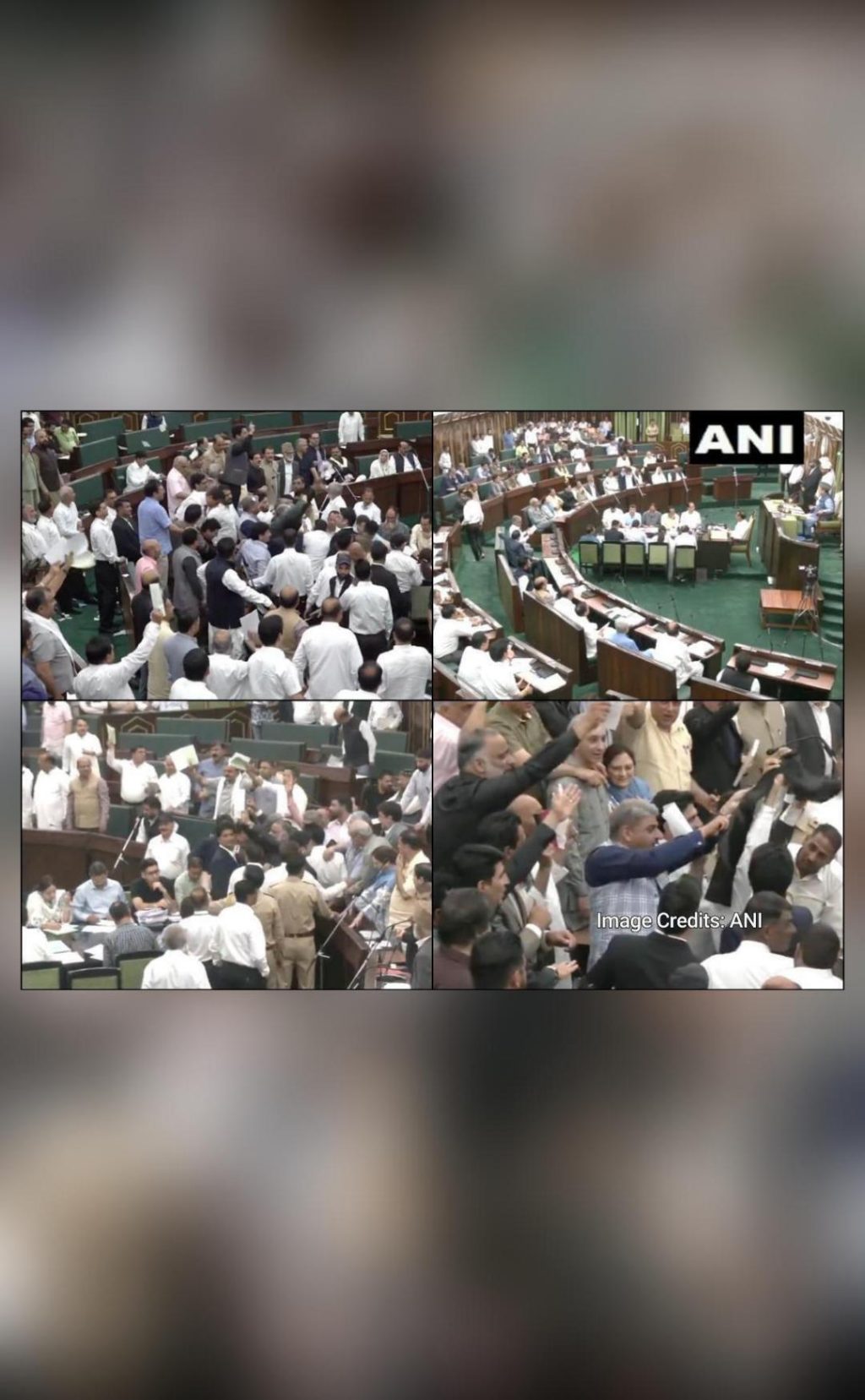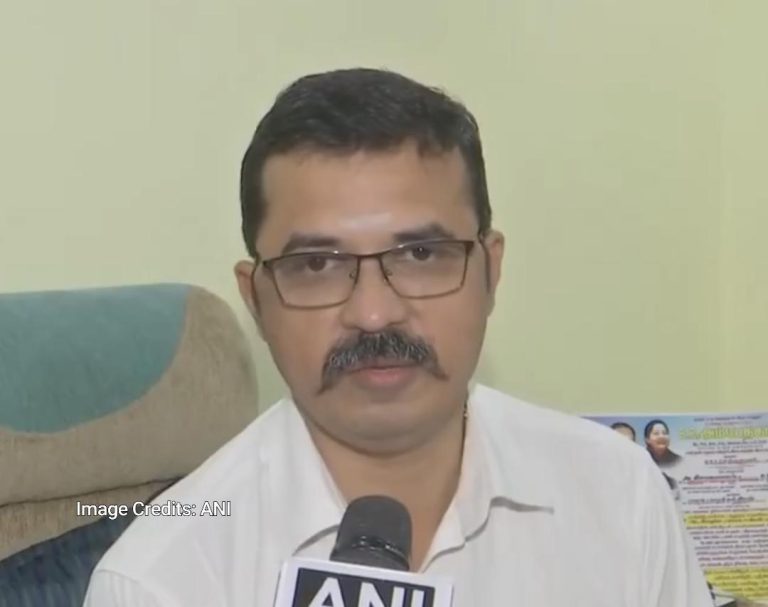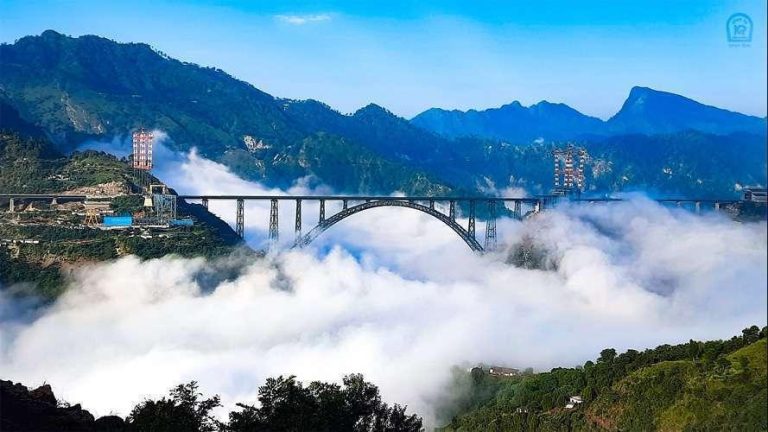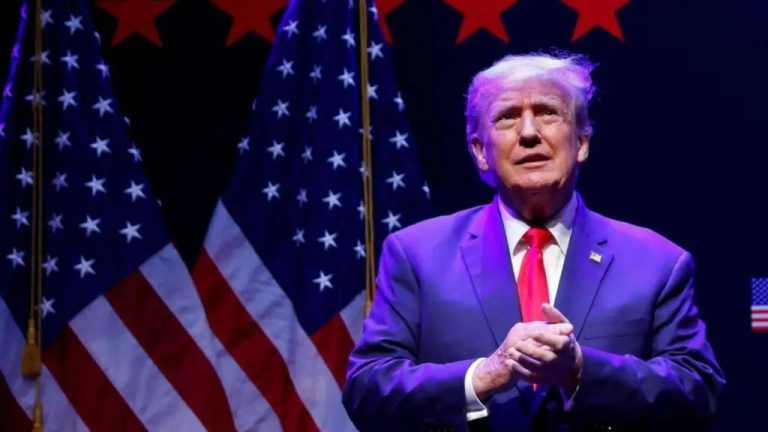
Jammu & Kashmir Assembly adjourned amid uproar over Waqf Act
The Jammu and Kashmir Assembly witnessed a dramatic scene on Monday as the House was adjourned amid uproar over the Waqf Act. The Speaker of the Assembly, Abdul Rahim Rather, denied an adjournment motion on the issue, leading to a heated debate between the National Conference (NC) and the Bharatiya Janata Party (BJP) members.
The drama began when National Conference MLAs moved a motion to adjourn the Question Hour to discuss the Waqf Act. The NC has been demanding a review of the Waqf Act, which was passed by the previous PDP-BJP government in 2019. The party claims that the Act has been misused and has led to the encroachment of Waqf properties by outsiders.
However, the BJP members were not willing to let the issue be discussed, and they demanded that the Question Hour be held as scheduled. This led to a heated debate between the two parties, with the NC members shouting slogans and demanding that their motion be allowed.
The situation soon turned chaotic as the NC members, led by the party’s President Farooq Abdullah, stormed the Speaker’s podium and demanded that he allow the adjournment motion. The BJP members, on the other hand, tried to intervene and calm down the situation.
Despite the chaos, Speaker Rather refused to relent and denied the adjournment motion. This led to the NC members walking out of the House in protest, while the BJP members continued to shout slogans and demand that the Question Hour be held.
The adjournment of the House was eventually forced due to the turmoil, and the members were asked to leave the Assembly complex for the day. The situation was reminiscent of the early 1990s when the Assembly was frequently adjourned due to political unrest.
The controversy over the Waqf Act has been simmering for months, with the NC and other opposition parties claiming that the Act has been misused to favour certain groups. The Act was passed by the previous government, which was headed by the PDP, in collaboration with the BJP.
The NC has been demanding a review of the Act, and its leaders have been holding protests and rallies in support of their demand. The party has also accused the BJP of trying to misuse the Act to favour certain groups and individuals.
The BJP, on the other hand, has defended the Act, claiming that it has been passed to protect the interests of the Waqf properties and to ensure their proper management. The party has also accused the NC of trying to politicize the issue and create unrest in the state.
The controversy over the Waqf Act has taken a toll on the state’s fragile political situation, which is already reeling under the impact of the ongoing pandemic and economic crisis. The state’s economy is struggling, and the government is facing opposition from various quarters over its handling of the crisis.
The Waqf Act controversy has also raised questions about the government’s ability to manage the state’s sensitive religious and communal issues. The state has a complex religious landscape, with the majority of the population being Muslims, while the Hindu minority has historically been a significant player in the state’s politics.
The state’s politics have been plagued by communal tensions and violence in the past, and the Waqf Act controversy has raised fears of a similar situation unfolding. The state’s politicians have been accused of using religion for political gains, and the Waqf Act controversy has only added to the concerns.
In conclusion, the Jammu and Kashmir Assembly’s adjournment amid uproar over the Waqf Act is a reflection of the state’s fragile political situation. The controversy has raised questions about the government’s ability to manage the state’s sensitive religious and communal issues, and has added to the state’s economic and political woes.






